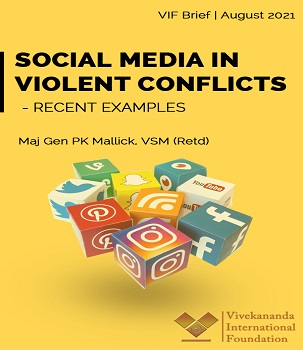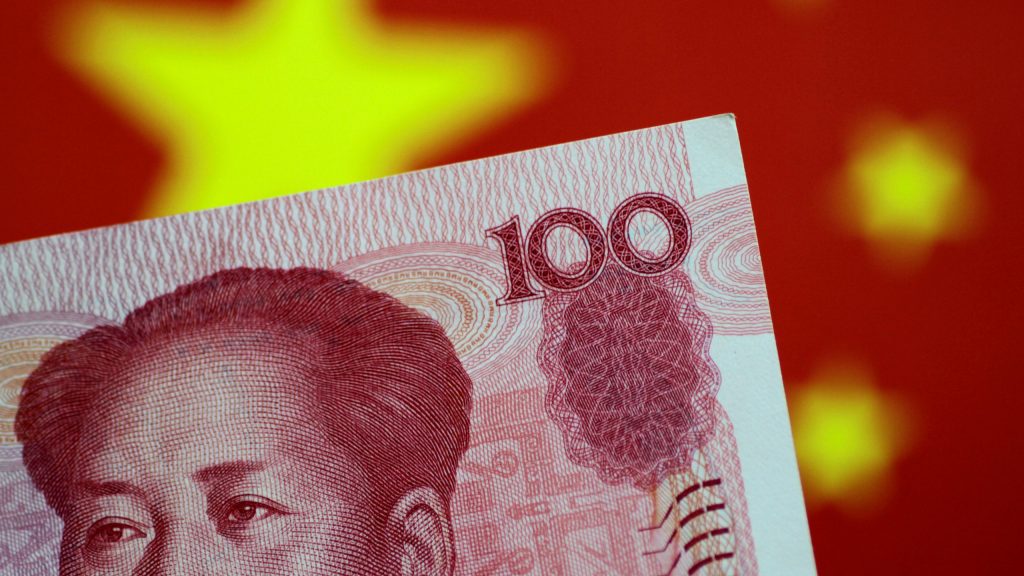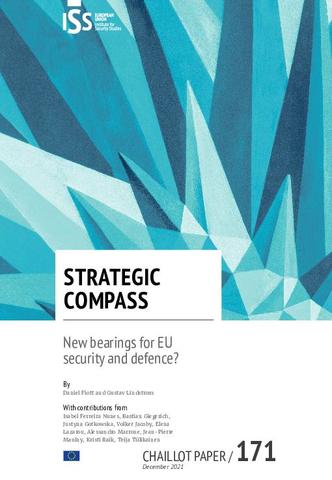Captain Thomas R. Beall, U.S. Navy (Retired)
Marine Corps Lieutenant Colonel Stuart Scheller has been much in the news of late. While on active duty as commanding officer of the Advanced Infantry Training Battalion at Camp Lejeune, North Carolina, Scheller, in uniform, posted a video on social media in which he criticized senior military and civilian leaders for incompetence in their management of the military withdrawal from Afghanistan and demanded accountability for their failures. Previously, according to the Washington Post, Scheller had been ordered to cease posting critical and controversial items on social media before he made the post that resulted in his relief and court-martial.1
To his credit, Scheller has publicly embraced responsibility for his actions, accepting removal from command and the judgment of a court martial. He will leave the Marine Corps without complaint in the near future. Where Scheller gets it wrong, however, is his belief that he was right to disobey orders and “speak truth to power” while still in uniform and still in command. In fact, he or any officer has the option to act insubordinately only when given an unlawful order. Scheller may disagree strongly with his government’s policy, but he has no right to undermine that policy by publicly criticizing it while holding a commission on active duty. He also had other, legal options to act on his beliefs. He could have resigned his commission and run for public office, as many members of Congress have done. From this political platform, he could have expressed his views and even influenced the policy with which he disagrees. Instead, he chose to leverage his exemplary military career to lend credibility to his views. Such insubordination is not only illegal but is a violation of our core values. Ultimately, Lieutenant Colonel Scheller’s actions were dishonorable, reflected misplaced courage, and demonstrated a lack of commitment to his Marines, to the naval service, and to the nation and the Constitution.








 A
A





